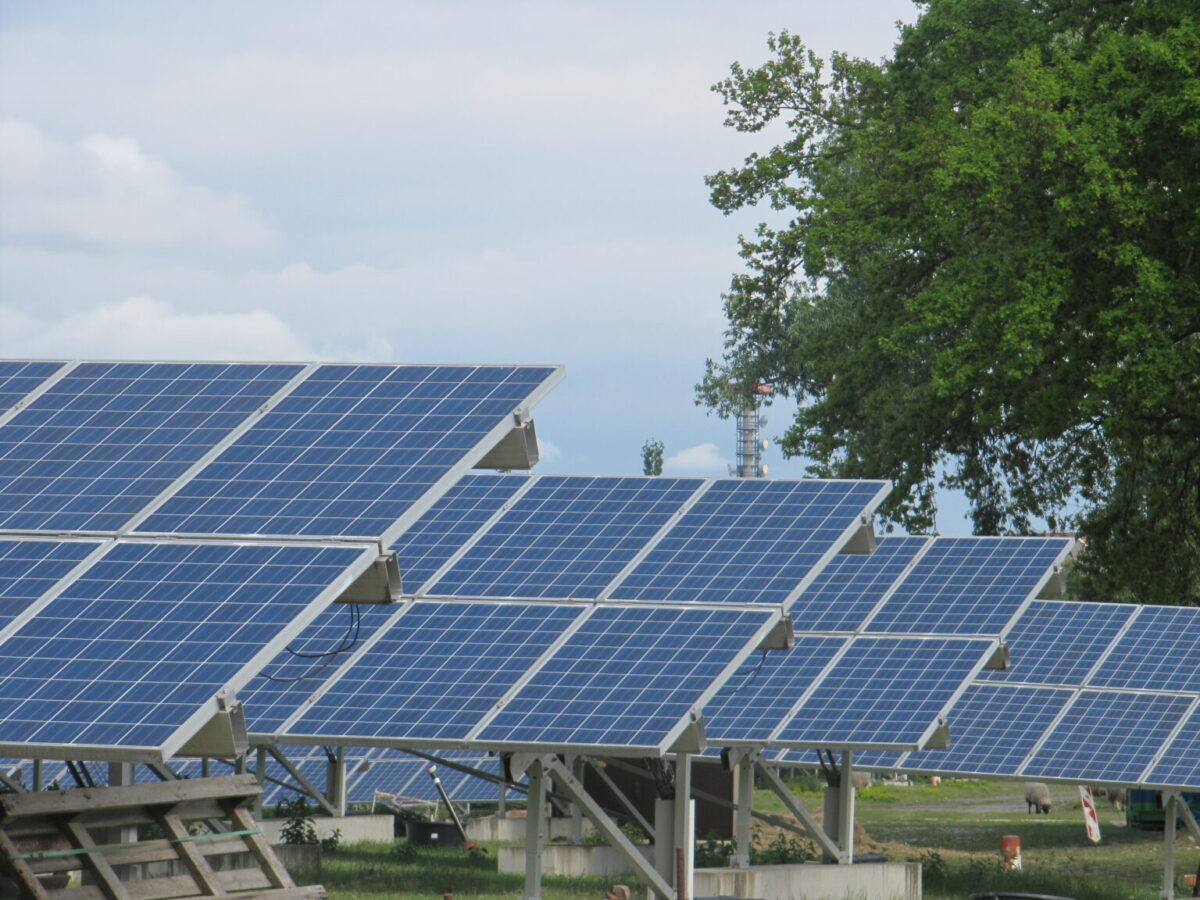From pv magazine France
The French government issued the Renewable Energy Acceleration Bill on March 10, with new provisions for the legal framework for renewable-energy PPAs.
“These new rules, mainly listed in article 86, are acting in a double way,” said Céline Ciriani, a lawyer for Gossement Avocats. “On the one hand, with the energy crisis, big electricity consumers need to buy electricity at stable prices. On the other hand, there is a desire on the part of the government to reduce public support, given the drop in production costs and the rise in electricity prices.”
The first important change is related to the possibility of power producers securing administrative authorizations to resell electricity to end consumers or grid operators from next July.
“This authorization for resale aims to verify the financial capacity of the supplier and, in the case of a PPA, to avoid electricity supply failures,” said François Versini-Campinchi, a partner at French law firm LPA-CGR avocats.
However, for special purpose vehicles (SPVs) that manage single assets, this authorization request could become a headache.
Popular content
“Each producer must describe his portfolio of renewable energy plants, as well as the human, material and financial resources at its disposal or that it undertakes to implement directly to ensure his activity as a supplier on the French market,” said Versini-Campinchi. “The form also requires a description of the activities it plans to outsource. This is totally disproportionate for an SPV that has only one asset.”
This is why legislators have authorized the “designation of a third-party producer or supplier, already holder of such an authorization, so that it assumes, by delegation, with regard to end consumers, the obligations incumbent on electricity suppliers,” said Philippe Jacques, associate lawyer at LPA-CGR avocats. “Given the complexity for an SPV to obtain this authorization, it is likely that this will become the norm and that the majority of producers will use it.”
Jacques said it is difficult not to see this as a measure in favor of utilities and energy suppliers, in order to allow them to maintain some control over the electricity market.
The introduction of this derogation raises other questions. Will it be valid for the entire duration of the PPA, or will it have to be renewed, or even renegotiated, at regular intervals? Will these services result in higher transaction costs? Will intra-group delegations be possible? “One thing is certain – this adds constraints for producers,” said Jacques.
While local authorities could previously establish PPAs in a legal manner, in practice it was almost impossible, due to the limited duration of public energy contracts, which generally spanned two to four years. But from now on, the law takes the needs of local authorities into account. In concrete terms, this means that local authorities will now have the ability to conclude long-term PPAs. This change will make it easier for renewables producers to secure financing, as the duration of PPAs will now have to be aligned with the amortization periods of projects.
This content is protected by copyright and may not be reused. If you want to cooperate with us and would like to reuse some of our content, please contact: editors@pv-magazine.com.



2 comments
By submitting this form you agree to pv magazine using your data for the purposes of publishing your comment.
Your personal data will only be disclosed or otherwise transmitted to third parties for the purposes of spam filtering or if this is necessary for technical maintenance of the website. Any other transfer to third parties will not take place unless this is justified on the basis of applicable data protection regulations or if pv magazine is legally obliged to do so.
You may revoke this consent at any time with effect for the future, in which case your personal data will be deleted immediately. Otherwise, your data will be deleted if pv magazine has processed your request or the purpose of data storage is fulfilled.
Further information on data privacy can be found in our Data Protection Policy.